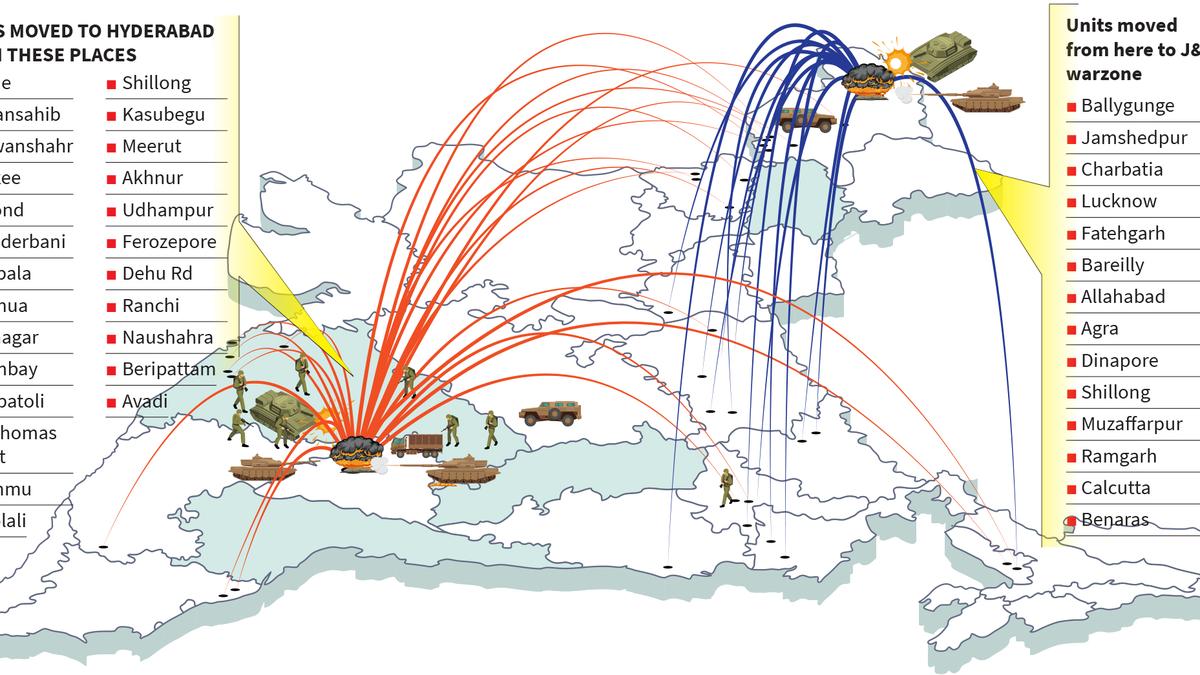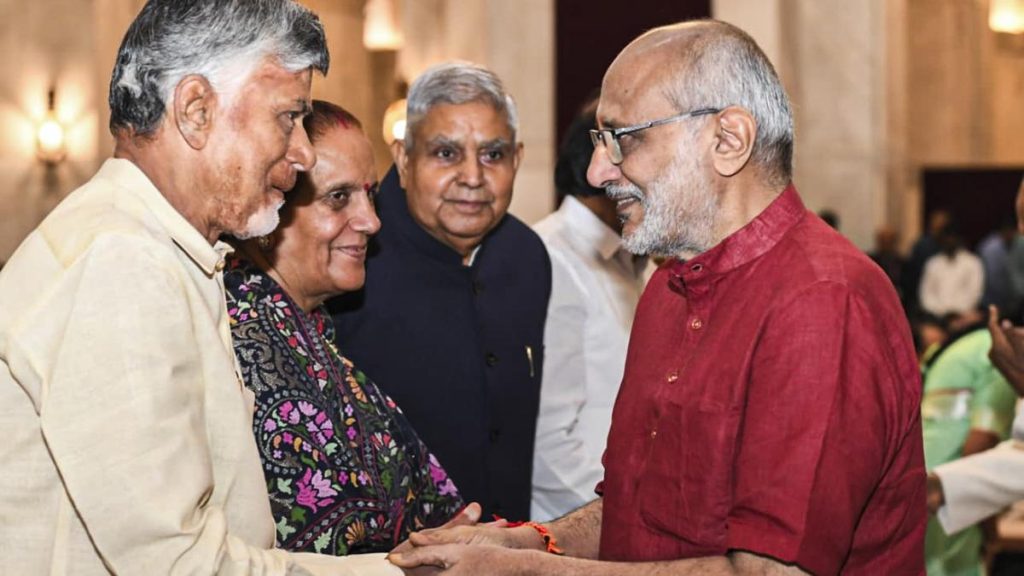Now Reading: India’s ₹6 Crore Bill: The Cost of Hyderabad’s Annexation
-
01
India’s ₹6 Crore Bill: The Cost of Hyderabad’s Annexation
India’s ₹6 Crore Bill: The Cost of Hyderabad’s Annexation

Quick Summary
- Operation Polo, the military annexation of hyderabad in September 1948, marked the end of the Asaf Jahi dynasty’s 224-year reign.
- Major General Syed Ahmed El Edroos of Hyderabad unconditionally surrendered to India’s major General J.N. Chowdhury on September 18, 1948.
- The annexation stemmed from escalating tensions following incidents of violence by razakars-paramilitary loyalists to Hyderabad’s Nizam-adn political resistance to democratic integration.
- India began mobilizing troops as early as March 1948, culminating in a meticulously planned operation involving over 28,000 soldiers stationed by August.
- Strict guidelines ensured minimal civilian casualties; as a notable example, Begumpet airport was spared targeting during aerial strikes.
- In five days of fighting, Indian forces recorded 42 fatalities. The financial cost totaled ₹6 crore and was largely charged to Hyderabad rather of India’s Central budget.
- While Hyderabad had resisted integration into autonomous India for over a year despite diplomatic efforts and agreements like the Standstill Agreement (November 29, 1947), its military weakness led to Indian Army’s rapid victory within just around four days.
- Post-annexation decisions balanced moral accountability and strategy-Hyderabad was made financially liable for funds incurred during Operation Polo.
Indian Opinion Analysis
Operation Polo stands as an emblematic moment in India’s post-independence history-a exhibition not only of military resolve but also strategic foresight. The limited civilian casualties highlight careful planning aimed at preserving life while exerting necessary force. However,it also reveals how challenging transitions from princely rule were amidst political unrest and communal strife.india’s decision to make Hyderabad bear the financial burden sent a clear signal: resisting democratic accession came with tangible costs. This policy reinforced fiscal discipline in governance at a critical time when resources were stretched due to partition-related upheaval. Additionally, it set precedent regarding accountability for states opposing integration into the Union.
The actions taken during Operation Polo reflect India’s emerging maturity as an independent nation capable of asserting sovereignty while maintaining systemic order-even amidst external pressures like war in Kashmir and internal challenges linked to Partition-era violence.
For modern observers today passing through sites like Chandanagar flyover where these significant events unfolded decades ago-this chapter serves as both cultural heritage and a reminder that nation-building often involves calculated trade-offs between pragmatic action and enduring principles.























